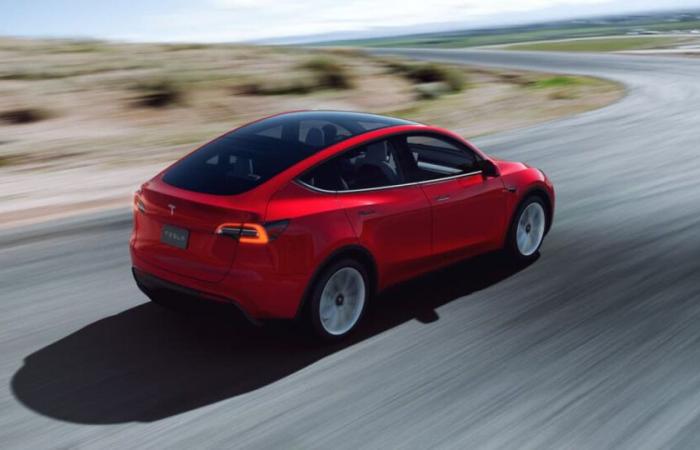Electric car news
An explosive report from the Court of Auditors has just shaken the French automotive market. The institution recommends a drastic revision of the criteria for the allocation of the ecological bonus, with in the viewfinder electric cars exceeding 1,925 kg. This recommendation comes in a tense budgetary context, the system currently costing 1.5 billion euros per year to public finances.
The weight of electric vehicles at the heart of the debate
The mass of electric vehicles poses a real environmental dilemma. The batteries, essential component of these vehicles, alone represent between 350 et 700 kg. This overload directly impacts energy consumption and wear of road infrastructure. Family models are particularly concerned, with total masses often exceeding 2 tonnes.
- Impact on consumption: +10% to +15% For an additional 200 kg
- Increased tire and brake wear
- Increase in carbon footprint during production
Popular models in the red zone
This new weight limit directly threatens several bestsellers on the electric market. The Tesla Model Y “great autonomy”, weighing 1 995 kgwould lose his eligibility for the bonus. The situation is similar for the Peugeot E-3008 and the Volkswagen ID.4. Only a few family models, such as the Renault Scenic E-Tech with its 1 853 kgwould pass between the meshes of the net.
Economic and social implications
This measure would generate Estimated savings between 149 and 225 million euros For the State in 2024. French car manufacturers, already faced with aggressive Chinese competition, fear a significant impact on their sales. Large families, main users of these spacious vehicles, would find themselves faced with a Cornelian choice: to assume a significant additional cost or turn to more compact models.
Possible alternatives
The market offers lighter solutions, in particular thanks to technological advances in batteries. Manufacturers develop New generation cells Offering better energy density for a reduced weight. Models like the future Renault 5 E-Tech, with its compact and efficient positioning, represent a credible alternative for many urban and peri-urban uses.
-Market adaptation prospects
Manufacturers already anticipate this possible regulatory evolution. Development programs now incorporate mass reduction objectives, with the use of Composite materials and high resistance steels. This constraint could accelerate innovation in the field of batteries, pushing towards lighter and more efficient technologies. The ecological bonus would thus fully play its role of incitement to more responsible mobility.
Written by Philippe Moureau
Forty -year -old passionate about electric cars. I am interested in the energy transition and the fight against greenhouse gas emissions. I am a real enthusiast of electric cars and an environment defender.
React to the article







